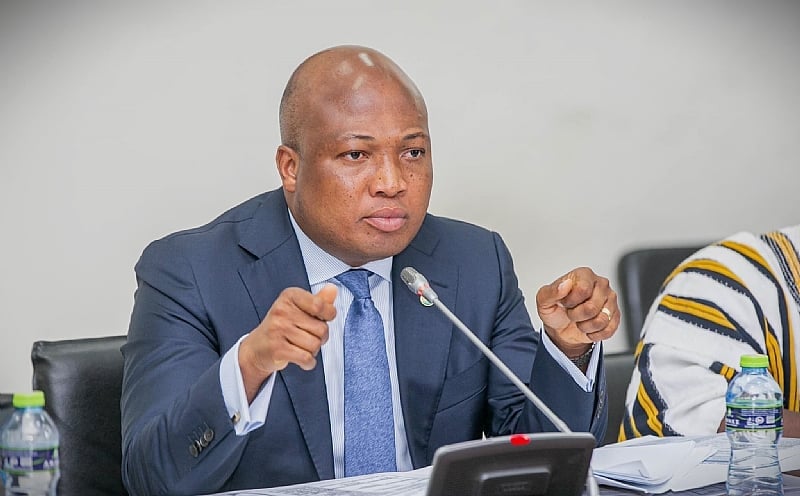Ghana’s recent humanitarian aid to Palestine, coupled with its strong condemnation of Israeli actions in Gaza, marks a significant development in the nation’s foreign policy. Foreign Minister Samuel Okudzeto Ablakwa asserted that Ghana stands virtually alone among African nations in providing direct aid to Palestinians while explicitly labeling Israel’s military campaign as genocide. This stance, rooted in Ghana’s commitment to human rights and international law, underscores the nation’s willingness to take a principled stand even amidst complex geopolitical dynamics. The delivery of Ghanaian-made goods, including chocolate and cocoa products, serves not only as material support but also as a symbolic gesture of solidarity with the Palestinian people.
Ghana’s actions are particularly noteworthy given the often-delicate balance African nations strive to maintain in their relationships with both Israel and Palestine. While acknowledging the importance of these diplomatic ties, Ablakwa emphasized that Ghana will not compromise its values in the face of what it perceives as egregious violations of human rights. He reiterated Ghana’s direct engagement with Israeli officials, including the foreign minister and the Israeli ambassador to Ghana, communicating the country’s strong disapproval of the situation in Gaza. This direct communication underscores Ghana’s commitment to expressing its concerns directly and transparently, while upholding diplomatic channels.
The timing of Ghana’s pronouncements coincides with the release of a UN commission of inquiry report that further fuels the debate surrounding Israeli actions in Gaza. The report concluded that there are “reasonable grounds” to believe Israeli forces committed acts constituting genocide under international law. These alleged acts include the killing of group members, inflicting severe physical and mental harm, deliberately creating conditions aimed at group destruction, and implementing measures to prevent births. The report’s findings have intensified international scrutiny of the conflict and provided further impetus for countries like Ghana to voice their concerns.
Ghana’s contribution of humanitarian aid, while seemingly modest in scale, carries significant symbolic weight. It signifies a tangible expression of solidarity with the Palestinian people, and differentiates Ghana from other African nations that have yet to offer similar support. This act underscores Ghana’s desire to move beyond rhetorical condemnation and translate its principles into concrete action. The choice of Ghanaian-made products further emphasizes the nation’s desire to provide aid that is both practical and representative of its own identity.
Ghana’s outspoken condemnation of Israeli actions as genocide distinguishes it from many other nations that have refrained from using such strong terminology. This forthrightness reflects a deep-seated belief that the situation in Gaza demands a clear moral stance, even if it entails potential diplomatic ramifications. Ablakwa’s assertion that Ghana has not “minced words” in its communications with Israeli officials reinforces the country’s commitment to expressing its views unequivocally. This directness is a key element of Ghana’s approach to the conflict and underscores its willingness to engage in frank dialogue.
In essence, Ghana’s response to the Gaza situation represents a confluence of its long-held foreign policy values, its commitment to human rights, and its interpretation of international law. The provision of humanitarian aid coupled with the explicit condemnation of Israeli actions signals a bold step by Ghana, potentially influencing other African nations to reassess their own positions. The convergence of these actions with the UN report’s release further amplifies Ghana’s message and places it firmly within the international discourse surrounding the conflict. While the long-term impact of Ghana’s stance remains to be seen, its actions underscore a growing willingness among some nations to prioritize human rights considerations even within the complex web of international relations.














